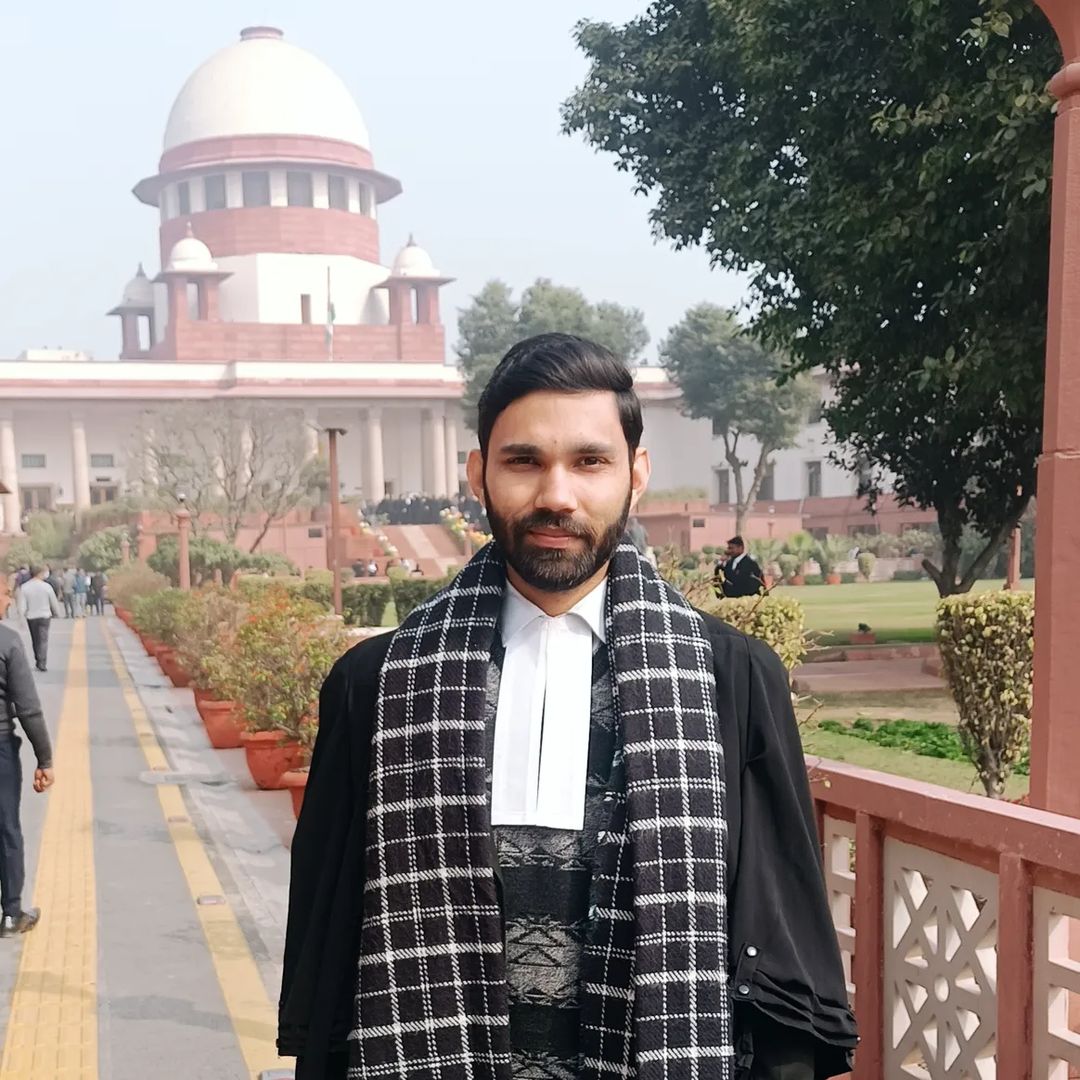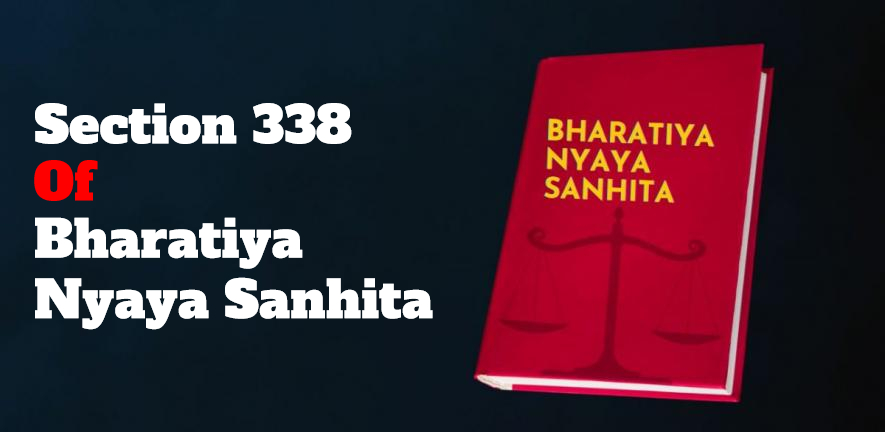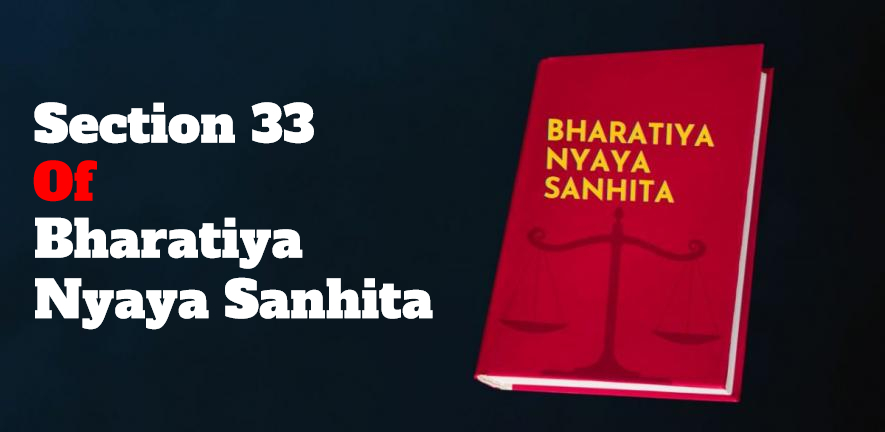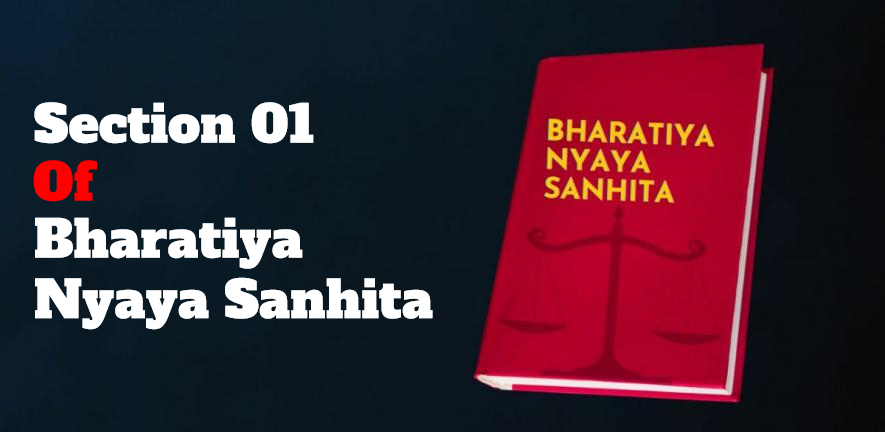Section 338 BNS
Section 338 of the Bharatiya Nyaya Sanhita (BNS) 2023 addresses the serious crime of forgery, specifically targeting valuable documents such as securities and wills. Here are the key details regarding this section:
Overview of Section 338 BNS
- Offense Defined: Section 338 criminalizes the act of forging documents that purport to be valuable securities, wills, or authorities to transfer property or receive payments. This includes any document that acts as an acquittance or receipt for payment or delivery of valuable items12.
- Punishments: The penalties for committing forgery under this section are severe:
- Cognizability and Bailability: The offense is categorized as non-cognizable and non-bailable, meaning that police cannot arrest without a warrant and bail is not readily granted24.
- Jurisdiction: Cases under this section are triable in a Magistrate’s court of the first class2.
Examples of Documents Covered
Section 338 encompasses a range of important documents, including:
- Valuable securities (e.g., stocks, bonds)
- Wills
- Authorities to adopt a son
- Documents authorizing the transfer of valuable securities or receipt of money
- Receipts acknowledging payments or deliveries related to movable property15.
Comparison with Indian Penal Code
Section 338 BNS is similar to Section 467 of the Indian Penal Code (IPC), which also deals with forgery but has been replaced by this new provision in the BNS. This change reflects an effort to consolidate and modernize laws related to document forgery in India45.
Importance of Section 338 BNS
This section plays a crucial role in maintaining trust in legal and financial transactions by imposing strict penalties on forgery. It protects individuals and institutions from potential fraud, thereby ensuring that victims have legal recourse against such crimes5.

Adv Ashish Sharma has dedicated his career to helping individuals and businesses navigate the intricate legal landscape with confidence. From providing expert advice on current legal issues to offering clear explanations of legal principles, he strives to empower his audience with knowledge and understanding.


